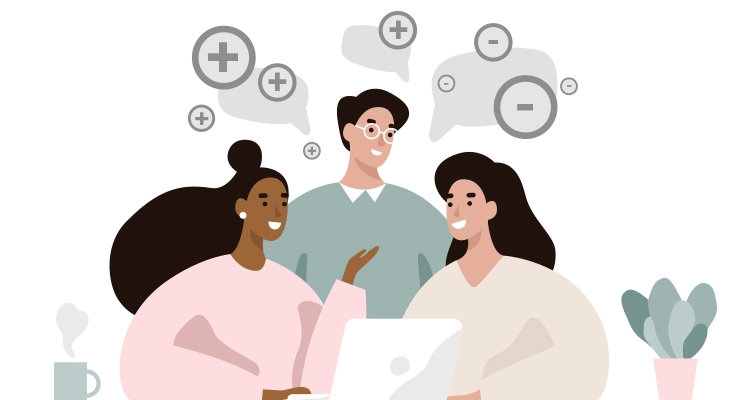
Oftentimes, it’s not what you say or how you say it. The key to understanding your customer’s needs could be as simple as asking the right questions.
At one point or another, you would have encountered people who you enjoy having long conversations with simply because they are so engaging. On the other hand, it’s also very likely that you have come across people with whom you are struggling to make small talk.
The truth is, communication is very much an art form. There is a right time and the right place to say the right things. So how does one avoid an awkward conversation and start to build a connection with the person they are conversing with?
To begin with, we need to realise that providing the right answers to their questions is just half the equation. The remaining half, the important half, is you ask the right questions! How then does one define 'asking the right questions'?
Essentially, we can look at it from two aspects, namely, ask tactfully (how to ask) and ask accurately (what to ask). For the latter, asking more "why" questions can help bring out the "needs" hidden behind the "wants". By doing so, we get to fulfill their "needs", and put aside the superficial "wants".
How do we know what a person really needs? You can do so by analysing their reply. For example:
I need to make money: What is the money for? For a better life. Why? Because he/she has high expectations and want to improve their current situation. This simply means that what he/she is really hoping for is to live a better life financially.
I need to be healthy: What does health mean? It means to enjoy better health overall. Why? Because he/she needs to improve their life health wise. So what he/she really needs is to experience a better quality of life.
I need a happy life: What type of happiness is he/she seeking? Financial independence, living life his/her own way, ensure that each day is as happy and fulfilling as it can be. So what he/she is really hoping for is more freedom.
Besides the purpose and content of your questions, you must also master the skills of "how to ask". Let's look at this from two commonly asked questions.
| Closed-ended Question | Open-ended Question | |
| "Have you eaten?" | OR | "What do you think about this meal? What does it taste like?" |
| "Yes, I have." | OR | "Very delicious, especially the stew, it's so authentic. It reminded me of the time when I was back in my home town. Back then... " |
As you can see, these two questions, one quite 'half-hearted' and the other rather 'probing', require two vastly different answers. These are typically known as closed-ended and open-ended questions. The intent of both questions is to find out the other party's needs. Each question has its own advantages and disadvantages.

Advantages
The person who poses the question can gather more information if the other party is talkative.
For the respondent, this type of question makes him/her feel less pressured, so he/she can share their thoughts with an open heart.
Disadvantages
Not so easy to control the direction of your conversation, hence it may result in lower quality information.
Advantages
Answers are typically short or kept to a minimal, but usually consist of high quality information.
Disadvantages
The respondent may provide little information if they are not comfortable with the question.
The respondent may feel pressured into providing information that they are not comfortable sharing.
Ask an open-ended question as an icebreaker to gather information. Ask closed-ended questions to affirm your understanding, find a point of interest and gradually focus your attention on a topic where both of you can explore and interact further.
In summary, apply these rules of thumb when you ask questions:
Practice frequently to polish your socialising skills!